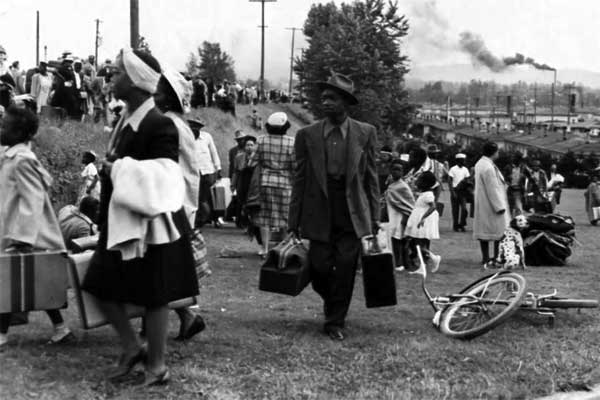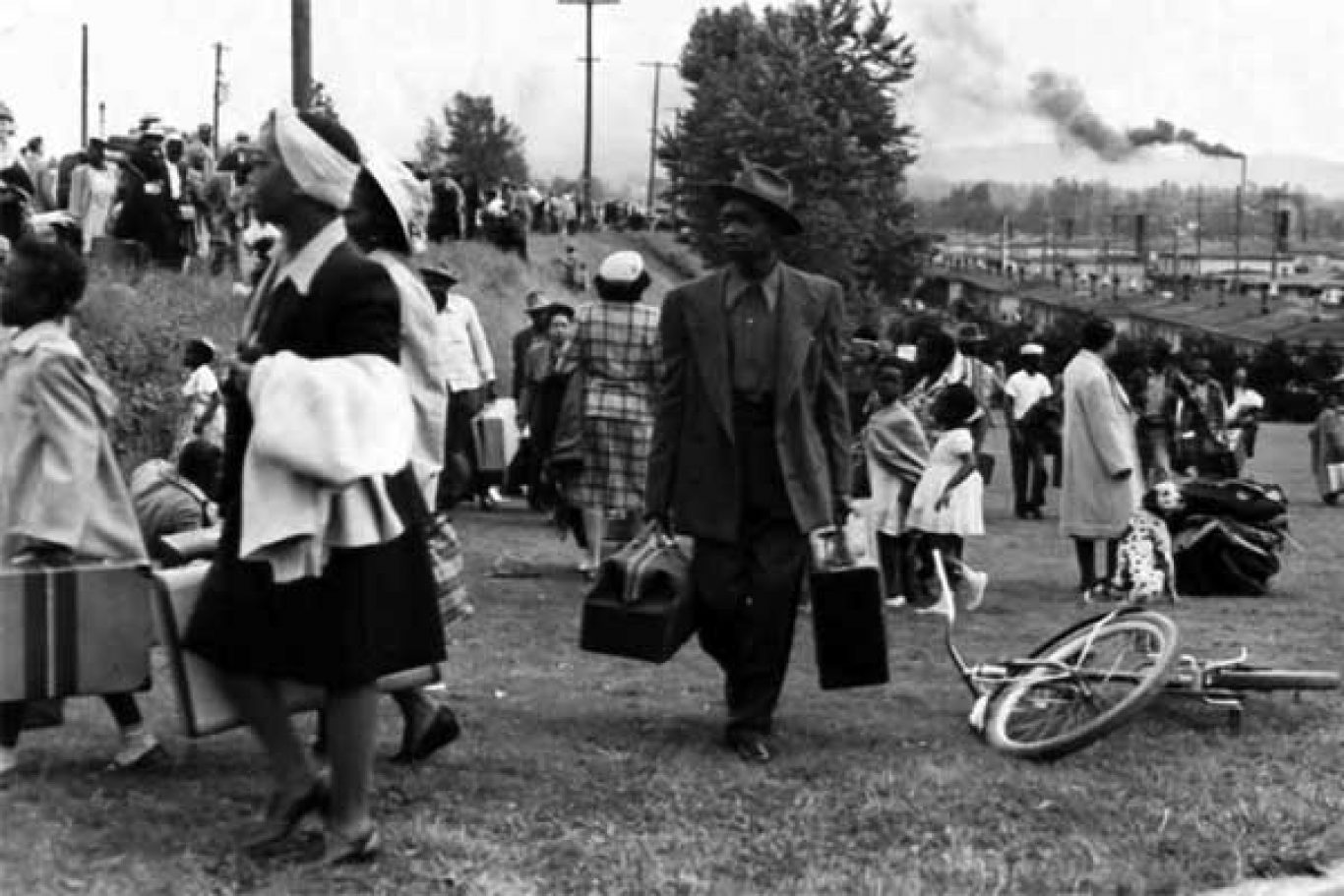Black History Month: Did You Know? Half of Black Children Under 6 Live in Poverty
Black History Month: Did You Know? Half of Black Children Under 6 Live in Poverty
While the challenge of hunger exists across the United States, it is particularly pervasive in the black community. This disparity can be traced back to the founding of our country.
Historically, black Americans have not been treated as equal citizens. Post-slavery, those who were “freed” were actualy far from free. Black Americans regularly saw their businesses and crops destroyed. Thousands were chased from their homes in the name of urban growth. Entire communities were erased in events like the Vanport flood. Today, predominantly black neighborhoods consistently lack adequate infrastructure. And government responses to crises remain sub-par—as we’ve seen with Hurricane Katrina’s aftermath in New Orleans, Flint’s water crisis, and many other examples.
Black Americans continue to disproportionately experience adversity and hardship, many of which are systemic challenges like unemployment, lack of living wage jobs, or access to nutritious, affordable food. Nearly half of black children under the age of six currently live in poverty.
At Oregon Food Bank, our goal is to end hunger for good. We pursue this goal in two key ways: by connecting people with the nutritious food they need today; and by working to address the drivers of hunger and poverty — income inequality, systemic racism, mass incarceration, houselessness and more. So as we honor Black History Month, we also encourage our community to reflect on these root causes of hunger and what we can do together to address them.
One way to take action is by completing the 2020 census. Every 10 years, the U.S. Census Bureau conducts a count to determine where and how funding is allocated. Being counted ensures states have the financial resources and political representation they deserve. Oregon is slated to receive about $3,200 per year for each person counted, so we cannot let this opportunity to strengthen our communities pass us by! Pledge to be counted at oregonfoodbank.org/census.

Residents of Vanport evacuate from their flooded homes on Memorial Day 1948 when a levy breach sent Columbia River waters over its banks, wiping out the entire community. Oregon Historical Society archive photo.
